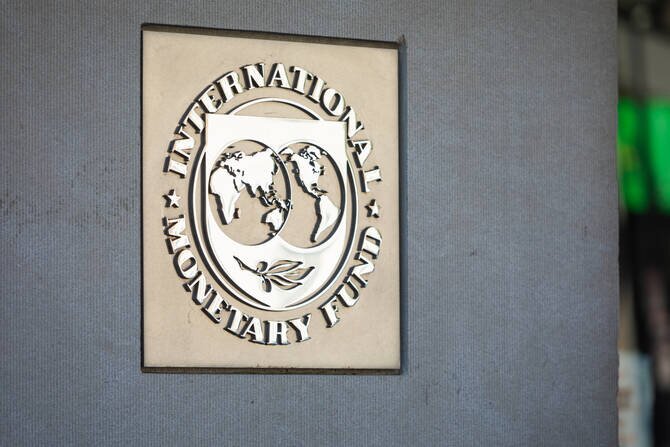
IMF: Egypt's Reform Progress Mixed Due to State Economic Dominance
The International Monetary Fund points out limitations in reducing state and military firm involvement.
Egypt has made mixed progress on structural reforms under an $8 billion loan agreement with the International Monetary Fund, according to a recent IMF staff report.
The fund highlights that despite efforts to reduce the public sector's dominance, state- and military-owned firms continue to enjoy preferential treatment such as tax exemptions, access to prime land, and cheap labor.
These businesses remain largely opaque with 'very limited transparency about their financial condition,' per the report.
Egypt’s economic model, which relies heavily on public investment and large projects, is impeding job creation and stifling the private sector amidst an increasingly turbulent global landscape, leading to significant informal economy activity and a lack of buffers against global financial, geopolitical, and climate challenges.
The IMF also notes that Egypt's external debt is projected to rise from $162.7 billion in 2024/25 to $202 billion by 2029/30, with public debt posing a high risk of sovereign stress.
The report emphasizes the need for broader taxation, the phasing out of untargeted subsidies, and increased oversight over off-budget entities such as EGPC and NUCA.
Additionally, policy execution has been complicated by persistent external shocks including conflicts in neighboring countries and trade disruptions affecting the Suez Canal.
The fund highlights that despite efforts to reduce the public sector's dominance, state- and military-owned firms continue to enjoy preferential treatment such as tax exemptions, access to prime land, and cheap labor.
These businesses remain largely opaque with 'very limited transparency about their financial condition,' per the report.
Egypt’s economic model, which relies heavily on public investment and large projects, is impeding job creation and stifling the private sector amidst an increasingly turbulent global landscape, leading to significant informal economy activity and a lack of buffers against global financial, geopolitical, and climate challenges.
The IMF also notes that Egypt's external debt is projected to rise from $162.7 billion in 2024/25 to $202 billion by 2029/30, with public debt posing a high risk of sovereign stress.
The report emphasizes the need for broader taxation, the phasing out of untargeted subsidies, and increased oversight over off-budget entities such as EGPC and NUCA.
Additionally, policy execution has been complicated by persistent external shocks including conflicts in neighboring countries and trade disruptions affecting the Suez Canal.










